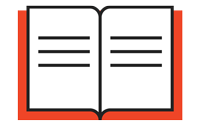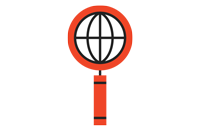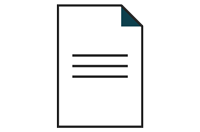Recent Publications & Learning
Doing development differently starts with better evidence and learning.
Doing development differently starts with better evidence and learning.

In Chapter 4 from "Making Markets Work for the Poor," a recent edited work inspired by the life and legacy of Alan Gibson, MSA Founder and Principal Ben Fowler and co-author Jake Lomax examine the shift in M4P programmes from monitoring and evaluation to monitoring and results measurement to inform decision-making and understand system-level change.
Read More
This paper explores lessons learned from a USAID-funded learning network of implementing partners, known as CLAIM, which developed innovative methods to measure the seemingly intangible contributions of collaborating, learning, and adapting (CLA) to organizational effectiveness and development outcomes.
Read More
Tools and resources for a gendered approach to monitoring, evaluation and learning (MEL) during the COVID-19 pandemic compiled by the Feed the Future Advancing Women’s Empowerment (AWE) program team.
Read More
The United States Agency for International Development (USAID) Feed the Future Mozambique Agricultural Innovations Activity (FTF Inova) seeks to stimulate sustainable, agriculture-led economic growth, which is critical to reducing poverty and hunger. The aim is to contribute to this change by catalyzing more inclusive and competitive agricultural market systems. This Plan sets out FTF Inova’s Monitoring, Evaluation and Learning (MEL) System and explains how results are monitored and measured to support strategic, informed, and adaptive management of interventions, while allowing FTF Inova to report on achieved results.
Read More
This webinar explored practical applications of poverty measurement tools that capture the multi-dimensional aspects of poverty and intra-household dynamics. Speakers discussed tools such as the Poverty Probability Index (PPI), the Individual Deprivation Measure and the Disadvantage Assessment, and their abilities to capture gender-responsive results.
Read More
Presentation at the 2018 DCED-BEAM Seminar in Nairobi, Kenya on the role of feedback in driving adaptation and improvement
Read More
Research brief capturing the experience of practitioners interested in integrating knowledge on social norms from fields outside of market systems into their work on identifying and measuring systemic change.
Read More
This paper builds on a literature review on evaluating systems conducted under the Leveraging Economic Opportunities (LEO) project, which found issues with the existing frameworks and indicators used for measuring systemic change. It presents a framework that outlines a pathway for systemic change, and presents a complementary set of indicator areas, or ‘domains’, that signal systemic changes.
Read More
Building on the work of the Leveraging Economic Opportunities (LEO) activity on measuring indications of systemic change, this paper summarizes the results of a multi-year research effort to understand the potential of a set of tools – Standard Measurement Tools, Outcome Harvesting, SenseMaker, and Social Network Analysis – to measure systemic change and provides practical guidance for practitioners.
Read More
This brief paper describes an effort to build a set of basic and easily used tools for monitoring system dynamics, or system health. The term, “system dynamics,” refers to the way actors, or agents, within a system act and relate to one another. It includes flows between agents as well as the norms that govern the way groups of agents in a system make seemingly independent decisions.
Read More